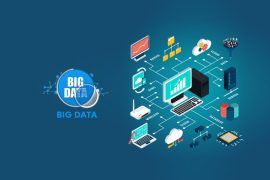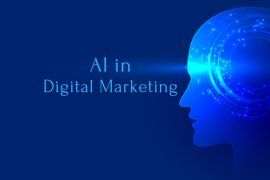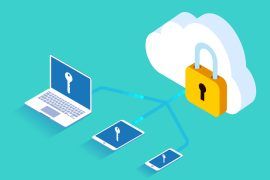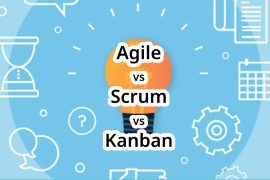No matter their size or industry, businesses enter into a wide range of agreements, from licensing software and real estate to master agreements with clients and suppliers. And that’s only the start! All of these various contracts must be archived for legal reasons over an extended period of time, but they must also be accessible on a regular basis to find information, such as terms of the contract, contacts, or due dates.
The rise in requirements is also being influenced by globalization: when entering into contracts with foreign partners, businesses must take into account diverse legal and political frameworks. In this situation, contracts are frequently intricate and multilingual and include addenda like local market certifications or license agreements. These must also be easily accessible. Additionally, quickly adapting to changing market conditions is necessary for all aspects of commercial partnerships, including the contractual clauses that govern them.
Table of Contents
How Does Digital Contract Management Work?

According to the International Association for Contract & Commercial Management, organizations lose an average of 9% of their annual income as a result of inadequate or nonexistent contract management. Centralized, digital contract management helps stop such losses by digitally archiving contracts and all associated documentation. These e-Files record every step of a contract’s life cycle, from initial discussions to signing to renegotiation to termination and archiving.
The Advantages of Digital Contract Management for Businesses
The following benefits of digital contract administration are available to businesses across all sectors:
- Ability to deliver information: Information silos are created when departments manage contracts independently and according to their own procedures. Digital contract management gathers all the contracts comprising the pertinent context information from various channels and systems with company-wide, centralized archiving. There is just one location where the data is kept; it is no longer dispersed among various systems. As a result, the company’s employees have access to contracts from many divisions and have a better base of knowledge. As a result, the company’s employees have access to contracts from many divisions and have a better base of knowledge. They are able to make better decisions and offer information more quickly and accurately as a result. In the end, this speeds up workflow, enabling businesses to be more responsive to requests and inquiries, such as those from consumers.
- Cost management: A lot of contracts, particularly those for software services, are automatically renewed unless prior notice is given. Users can prevent such blunders with the aid of digital contract management. Contact details and deadlines are always clear. Automatic reminders are sent to contract managers to evaluate, approve, and cancel contracts. Thus, unnecessary contract renewals and their accompanying expenditures are avoided.
- Transparency: Every step in a contract process needs to be able to be tracked. Even years after the fact, changes and choices must be documented and provable. Digital contract management stores all contract-related information in an audit-proof manner, including all communication and memos. As a result, businesses have more legal security because they can always show that they have complied with agreements, agreements, and decisions.
- Rapid adaptability: Contractual terms of business partnerships with suppliers, partners, customers, etc., must be swiftly modified when the demand for goods and services increases or declines. Your capacity to react to changes will improve with digital contract management since automated processes make it possible for your teams to quickly examine, modify, and manage contracts. Direct integration of business partners into the process is possible.
- A typical authorization model for a contract management application with numerous users prevents unauthorized and unchecked access to contracts, as shown in the better image. As a result, businesses are able to lessen the financial risks related to data loss or cybercriminal attacks. In the end, this also safeguards a business’s reputation, which would otherwise be damaged by unfavorable media coverage.
- Process improvement: The use of digital contract management makes it easier to provide reports for business analysis, which indirectly reduces costs. The controlling department and CFO can immediately get the appropriate KPIs from the document collection and get an overview of all the contract terms that are still in effect at any time. This improves liquidity planning and increases process efficiency.
- Error reduction: A digital contract management solution can be connected with other platforms like SAP or Microsoft Office. This eliminates the need for users to switch back and forth between Microsoft Office and specialized applications in order to work on data directly in one of those programs or the other. The ability to automatically update data in the relevant applications is another advantage. This makes sure that inaccurate data doesn’t fill the other applications.
Conclusion
Digital contract management is a crucial component of end-to-end digitalization in businesses and can enable them to maximize their potential for efficiency. This necessitates the removal of data silos within businesses through cross-divisional digital processes. To get business insights and improve business decisions, these processes in turn centralize the information from all departments.
One of the most cost-effective decisions you can make for your company in 2022 is to transition to digital contracts. Why employ the conventional, paper-based contracting process when it is prone to risk, delays, higher costs, and security breaches? The Contract Management System, which is a total investment for a user-friendly and intelligent approach to your contracts, can help you take your contracts to the next level right now.
Read More
Best Ways to Enhance Your PPC System With Artificial Intelligence
A Guide on Marketing Intelligence and Analytics Platform in 2022






